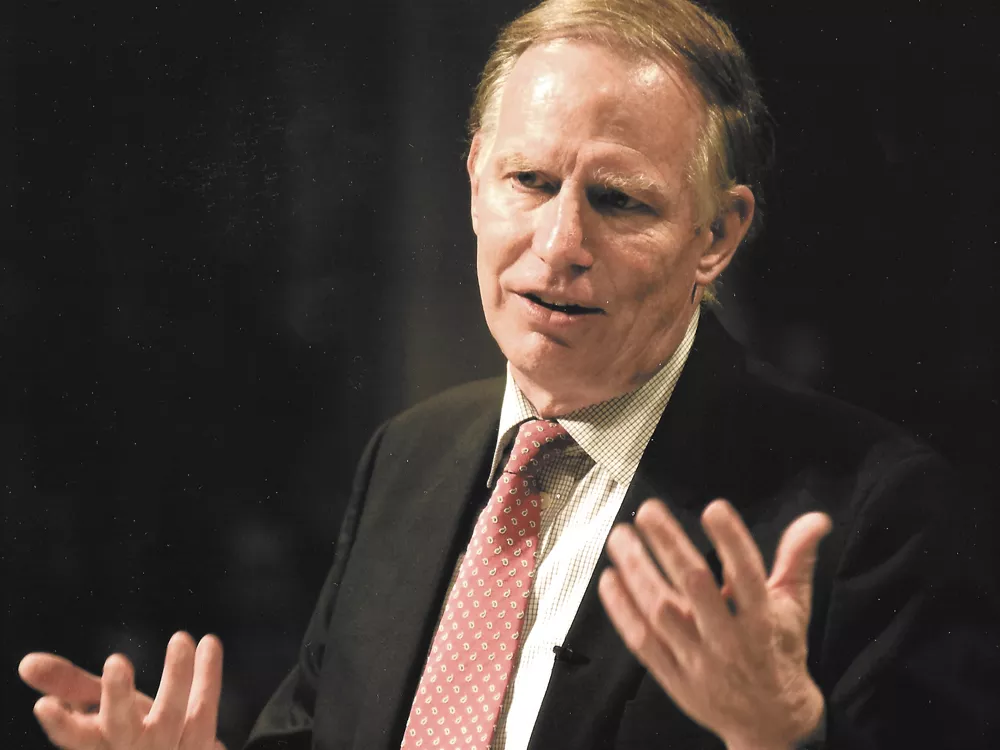T.R. Reid, a correspondent and reporter for notable documentary producers NPR and PBS, is leading a panel Nov. 13 in the wake of his recent documentary, U.S. Health Care: The Good News, where he will discuss the potential of universal health care in the United States and how seeds of that system have already sprouted in corners of the country. Reid took some time with us to explain.
INLANDER: What are the most incorrect assumptions America has about health care?
Many Americans believe we have the finest health care in the world. That’s only half true. For people with money or good insurance, we provide great care in great facilities. For about 49 million Americans, the access to care and quality is much worse than in other rich countries. Why do we have good health care, but a third-rate health care system? Because it doesn’t cover everybody.
Is universal health care possible?
It is possible. If we covered everyone, we’d actually spend less too. This is the crucial point. If you cover everyone, you spend less on health care than a fragmented system like ours. So how?
In the German system, everyone has to have insurance; it’s mandated. You buy insurance from a private insurer, not the government, and you split the cost of the premium with your employer. Britain is completely different. Health care is the government’s job there. The hospitals are run by the government, the bills are paid by the government. There’s no premium, no co-pay, no deductible, no bill. Ninety-eight percent of people there never get a doctor’s bill over the course of their entire life. You go in when you need it, and the government handles it. You pay in some ways of course, through taxes. But when you net it out, by taking the average tax bill and health insurance premium, people in the U.S. are paying 60 percent more than the average Brit. Japan has mostly private insurance with seniors on a government plan. They have the longest life expectancy in the world. They have one-third the infant mortality per capita and they spend 48 percent of what we do. With much better results.
There are many different approaches and they include less government involvement than what occurs in the U.S. Universal coverage doesn’t have to mean socialized medicine.
What’s stopping the U.S. from having universal care?
The primary reason is money. Health care is a $2.6 trillion industry. There are a lot of big winners with money invested in the industry. There are 1,000 companies making more than $1 billion a year off our current system. They fight change. They want to keep what they have. If you think about it, if you’re making $1 billion, spending $10 million on lobbying to protect it is peanuts; it’s nothing.
Health Care in Spokane: The Good News • Nov. 13 at 5:30 pm • Spokane Convention Center • 334 W. Spokane Falls Blvd. • Free (light refreshments)















